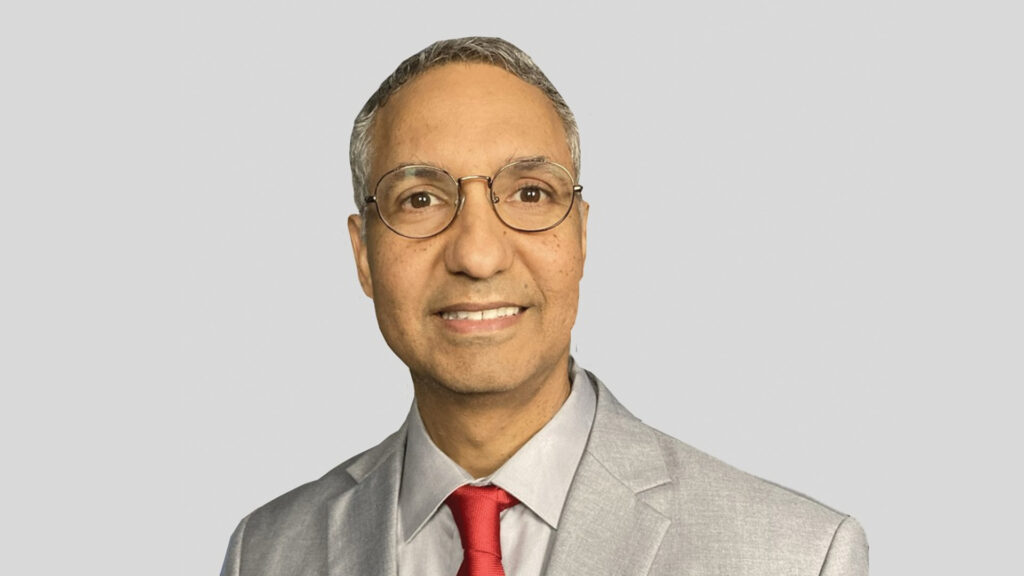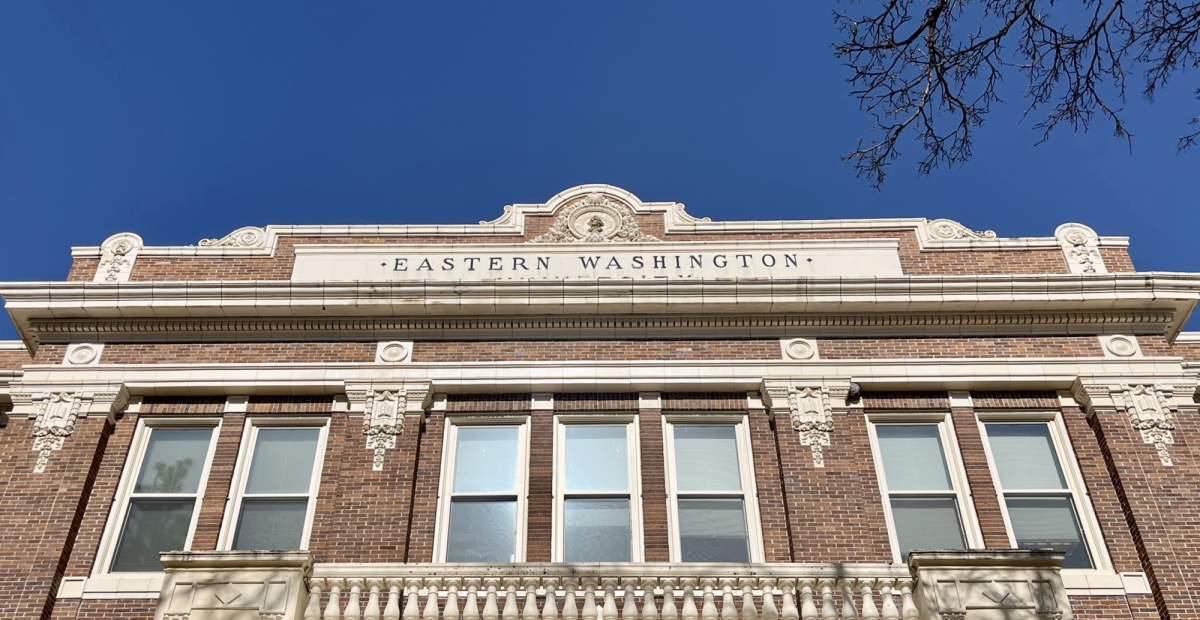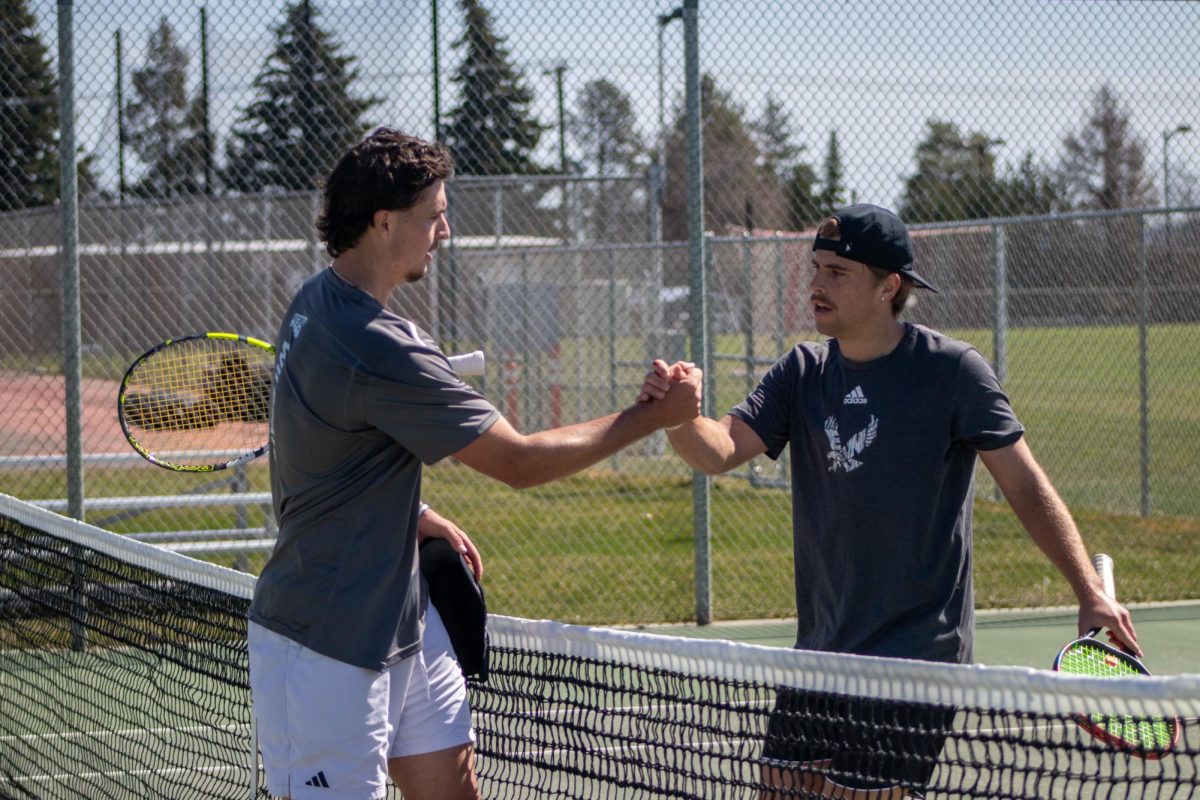Racial slurs as team nicknames beyond offensive
March 9, 2013

Any revival of Eastern’s former nickname, “Savages,” is offensive. It’s more than offensive; It’s plain wrong.
The offense is not a matter of political correctness. It’s a matter of history, both of the nation and the term. Dismissing offense taken at “Savages” is dismissing a long, brutal history of an entire race, as well as dismissing the origins and intent of the word.
Not all American Indian related nicknames are offensive in and of themselves. For example, Central Michigan University and the University of Utah gained approval from the NCAA to continue their use of the “Chippewas” and “Utes” nicknames, respectively, after showing that they have the support of the namesake groups. The University of North Dakota attempted a similar agreement, but have since discontinued use of its “Fighting Sioux” moniker.
However, as former senator Ben Nighthorse Campbell said at the “Racist Stereotypes and Cultural Appropriation in American Sports” symposium in Washington, D.C., Feb. 7, “There’s certain words you can’t cover up and hide. … They’re wrong to the beginning and they’re wrong to the end.” Campbell included “savage,” “squaw,” “buck,” and “redskin,” among these “certain words” according to an Associated Press article.
“Savages” is a name placed upon the American Indians as a derogatory name from the start. As Europeans colonized the Americas, it was meant to dehumanize the American Indians, make them lesser, and connote the idea that the American Indians were uncivilized. These ideas, codified by the label of “savages,” was used as reasoning for their enslavement, removal and extermination. If they were “savages,” they were not human, so there was no reason to treat them as such.
The “savage” idea persists to the present day, though in subtler, more insidious ways. It still connotes a lack of culture and a need to be civilized, such as the twenty years of the Indian termination policies enacted in the 1940s. It was believed that American Indians would be better off if they were fully assimilated into American society, so the sovereignty of many American Indian tribes was terminated.
This historical baggage is attached to the term “savages” and cannot be avoided.
In defense of the use such nicknames and related iconography, some have claimed to be honoring the history of the organization using them or honoring American Indians themselves. However, as E. Newton Jackson said at the Feb. 7 symposium, “How does one person tell another that they honor them, when I’m telling you that what you’re saying is not honoring me?” And, given the baggage, how can the history of an organization be privileged over the history of a race?
The best and possibly only way to combat ignorance and insensitivity is through education, through conversation, through keeping the reasons behind Eastern’s 1973 decision to abandon “Savages” as a nickname in the public consciousness.
The use of “Savages” is not paying tribute to the history of the school, but denying that history. It is not taking a stand against political correctness, but against the humanity of a group of people. Until each and every student, alumnus, and member of the staff, faculty and community is aware of the effects of the “Savages” name, Eastern will be doomed to have recurring events celebrating racism, bigotry and ignorance.







